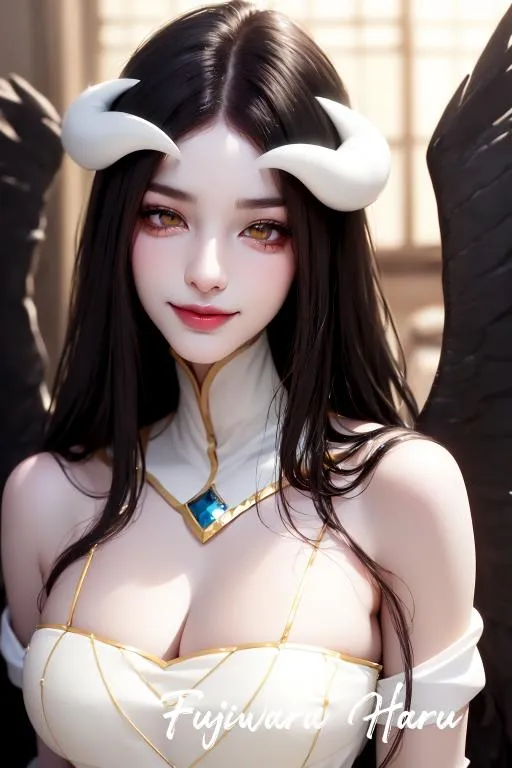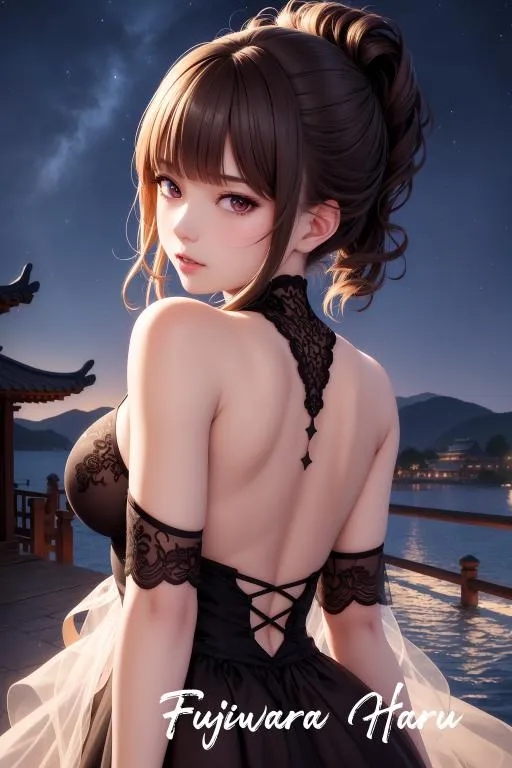The Beast will open in theaters in 2024. This review is based on a screening at the 2023 New York Film Festival.
In the opening moments of The Beast – Bertrand Bonnello’s time-jumping dystopian half-drama/ half-satire that hinges on, among other things, one couple’s perpetually doomed relationship – Léa Seydoux is directed to scream. She’s an actress in the mid-2010s filming a scene in front of a green screen, wielding a knife against an unseen “beast.” Off camera, the director describes the emotions she ought to be showing: a feeling of dread, of doom, the sense of some future obliteration. They’re feelings we’re not unused to in the throes of the 21st century, at the mercy of looming environmental catastrophe, the whims of violent men, and unchecked new technologies threatening to wipe out entire livelihoods. But, while Bonnello’s latest film is as ultra-timely as the rest of his recent work, its central metaphor is too obvious and heavy-handed for it to feel worthwhile.
The Beast takes place over three time periods. In 1910, Seydoux is a French aristocrat romanced by a flirty Englishman (George MacKay) who tempts her to defy her dull marriage and give in to her attraction towards him on the eve of a weather event that turns Paris into a soup. In 2014, Seydoux is a struggling actress newly transplanted to Los Angeles, whose friendship with a fellow starving artist puts her in the sights of a potentially violent incel (also MacKay) who sits in his car and makes videos about why he deserves a girlfriend. In the dystopian near-future of 2044, human life is now run entirely by artificial intelligence, and humans themselves are advised to undergo a medical procedure that “purifies their DNA” by wiping them clean of all those messy emotions. Depressed and desperate, Seydoux’s character Gabrielle agrees to undergo the procedure, which psychically launches her back through time as she relives all of her previous lives. Between sessions, she meets a man named Louis (MacKay again), whom she seems to recognize.
On the surface, it all sounds like it would rock. It’s extremely loosely based on Henry James’ fantastic novella The Beast in the Jungle, a parable of fatalism and the doom of wasted time with one of the most brutal endings in all of literature. Bonnello himself is a savvy director whose 2022 film Coma is one of the very few “quarantine movies” that was actually any good, and who managed to mix equal parts empathy and cruelty in his 2016 terrorist-teen drama Nocturama. But where his previous films dared to take creative (and sometimes controversial) tonal risks that are admittedly sometimes present in The Beast, so much of the rest of it feels frustratingly rote.
There’s just not anything new here. The Russian doll timeline of the Wachowskis’ Cloud Atlas and the computer-run dystopia of Jean-Luc Godard’s Alphaville are borrowed from liberally, and a devastating moment near the finale is straight from Twin Peaks: The Return. Even bits of MacKay’s ranty dialogue during the 2014 section are lifted (purposely) from Isla Vista shooter Elliot Rodger’s manifestos. At its core, The Beast is driven by tired cliches about Relationships Between Men And Women that already feel outdated. We’ve all made the mistake of going back to a guy who sucks. What this movie presupposes is: What if we’re doomed to repeat all our failed relationships by time itself?
There is a good movie within this movie, or, rather, good stuff to focus on if you can get past the rest of it. The idea of psychic time travel is a good one, and The Beast uses it not just to jump its characters from time period to time period, but also to sprinkle in bits of repeated dialogue that gain meaning only at the climax of each section, in a domino effect that drives the film to its howling conclusion. Seydoux is as at home as a turn-of-the-century bourgeois Parisian as she is as a wannabe TV commercial star in jeans and a boho top, and her trademark icy demeanor lends itself well to the severe vibes of the futuristic chapter. MacKay is actually riveting as the incel-message-board obsessive, imbuing every line with a stilted awkwardness that barely masks hidden savagery. Dasha Nekrasova of Red Scare and whatever remains of Dimes Square pops in for a quick couple of scenes channeling mid-2010s L.A. It girl.
It’s difficult, ultimately, to summarize what The Beast is really about. Towards the end, Seydoux cries desperately, “We had it all and we fucked it up,” which could be taken for a kind of summary of the whole thing: the doomed grandiosity of the past, the failed promise of the new millennium, the eventual defeat of human progress by soft yet undeniable technological domination. If only The Beast left the audience with something worth feeling emotional about before the machines take it all away.



